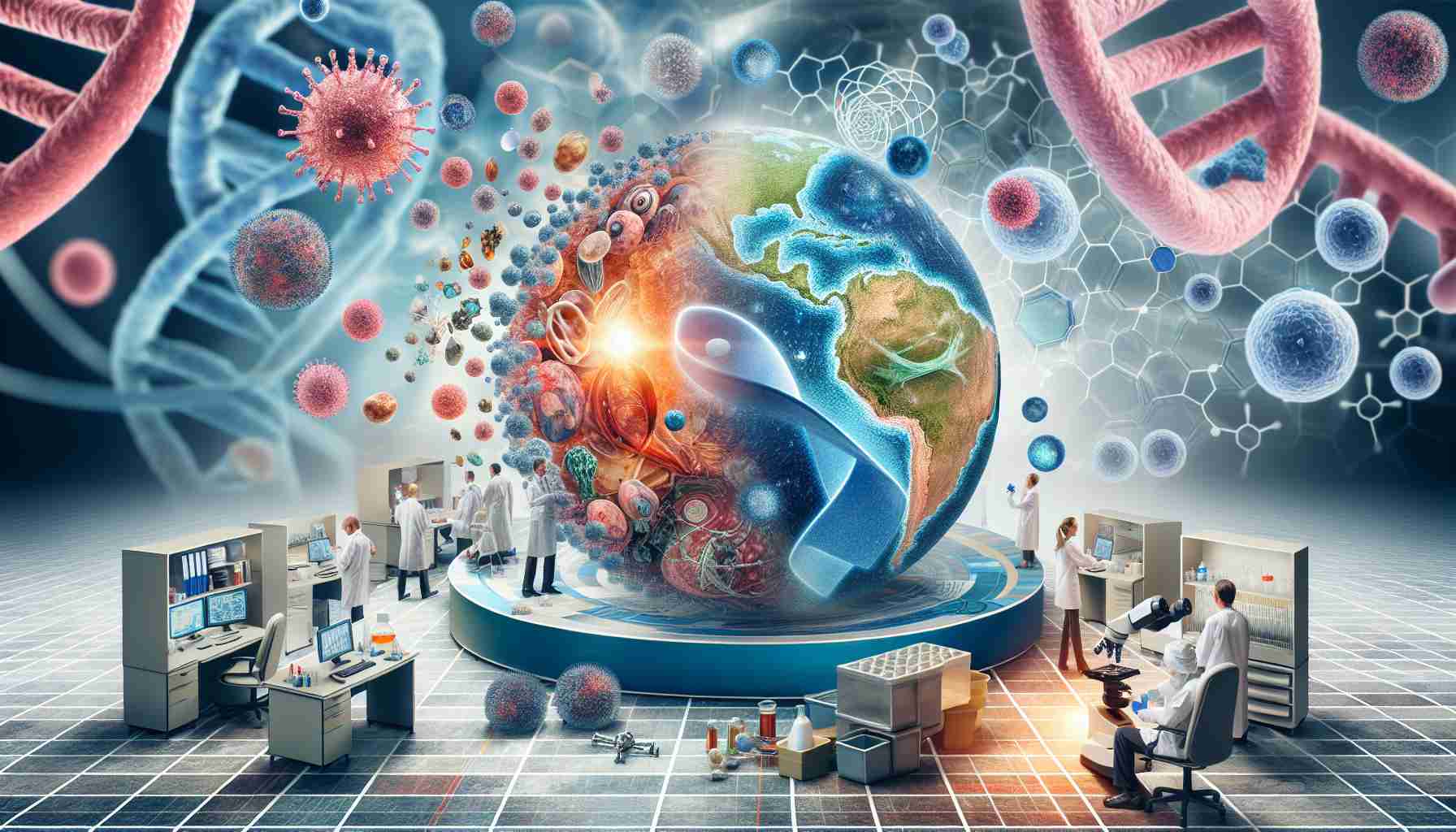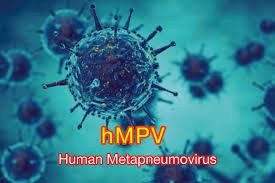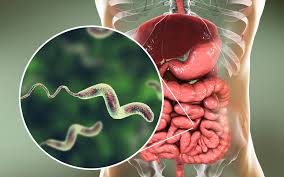Recent research from Columbia University has unveiled a groundbreaking approach to cancer treatment, utilizing engineered probiotic bacteria to train the immune system to target and eliminate cancer cells. This innovative method promises to pave the way for a new class of personalized cancer vaccinations that harness the innate tumor-targeting capabilities of bacteria. By tailoring these microbial cancer vaccines to individual patients’ unique tumors and metastases, the researchers aim to enhance treatment efficacy and potentially prevent future recurrences.
Background on Probiotic Cancer Vaccines
The concept of using bacteria in cancer treatment is not new. In the late 19th century, Dr. William Coley, a surgeon at New York Hospital, observed tumor regression in patients with inoperable tumors after they were injected with bacteria. Today, bacteria are still employed therapeutically, particularly in patients with early-stage bladder cancer. Modern research has revealed that certain bacteria have a natural tendency to migrate to and colonize tumors, thriving in the oxygen-deprived environments often found within tumors while stimulating an immune response locally.
However, while bacteria can induce immune responses, they often lack the precision required to effectively attack cancer. “These qualities alone don’t typically give bacteria enough power to stimulate immune responses capable of destroying a tumor, but they’re a good starting point for building a new domain of cancer therapeutics,” explained Nicholas Arpaia, PhD, Associate Professor of Microbiology & Immunology at Columbia University, and a leader of the study.
The Breakthrough Study
The findings from this recent study were published in the journal Nature. In preclinical trials, the researchers tested their bacterial vaccine in mouse models of advanced colorectal cancer and melanoma. The results were promising; the vaccine not only stimulated the immune system but also led to the shrinkage or complete disappearance of primary and metastatic malignancies, while leaving healthy tissues unaffected. “The net effect is that the bacterial vaccine is able to control or eliminate the growth of advanced primary or metastatic tumors and extend survival in mouse models,” noted Jongwon Im, a PhD student who contributed to the bacterial engineering aspects of the study.
One of the most notable aspects of this new bacterial vaccine is its personalization for each tumor. “Every cancer is unique – tumor cells harbor distinct genetic mutations that distinguish them from normal healthy cells. By programming bacteria that direct the immune system to target these cancer-specific mutations, we can engineer more effective therapies that stimulate a patient’s own immune system to detect and kill their cancer cells,” said Arpaia.
Mechanisms of Action
The researchers started with a probiotic strain of E. coli bacteria, modifying its genetic makeup to control how the bacteria interact with the immune system. This engineered bacteria encodes specific protein targets called neoantigens that correspond to the cancer being treated. By using these bacterially delivered neoantigens, the immune system is trained to specifically attack cancer cells expressing these proteins. This approach helps ensure that normal cells, which lack these cancer-marking proteins, remain unharmed.
The engineered bacterial vaccine does more than just trigger an immune response; it simultaneously combats the immunosuppressive mechanisms that tumors often use to evade the immune system. This dual action enhances the vaccine’s effectiveness. As a safety measure, these genetic modifications also enable the immune system to easily recognize and eliminate the engineered bacteria if they fail to locate the tumor.
Preclinical Success
In their experiments, the researchers observed that the bacterial vaccines recruited a diverse array of immune cells to attack tumor cells. Remarkably, the vaccine reduced cancer growth even when administered before tumors developed and prevented regrowth in previously cured mice, suggesting that it may have potential as a preventative measure for cancer recurrence.
To transition this promising therapy to human patients, the first step would involve sequencing the patient’s cancer to identify unique neoantigens. Bioinformatics would be employed to analyze the genetic profile of the tumor, leading to the engineering of bacteria capable of producing the identified neoantigens and other immunomodulatory factors. Once infused into the patient, the bacteria would migrate to the tumors, producing and delivering their therapeutic payload over time.
“The time to treatment will first depend on how long it takes to sequence the tumor. Then we just need to make the bacterial strains, which can be quite fast. Bacteria can be simpler to manufacture than some other vaccine platforms,” explained Tal Danino, PhD, Associate Professor of Biomedical Engineering at Columbia’s School of Engineering.
Addressing Challenges in Cancer Treatment
One of the major challenges in cancer treatment is the rapid mutation of tumor cells, which enables them to evade immune responses. The researchers believe that their approach, which delivers multiple neoantigens, could significantly diminish the likelihood of tumor cells escaping detection by the immune system. “Because our platform allows us to deliver so many different neoantigens, it theoretically becomes difficult for tumor cells to lose all those targets at once and avoid the immune response,” Arpaia added.
This innovative bacterial vaccine system may succeed where previous cancer vaccines have failed. Traditional vaccines often induce immune responses against tumor neoantigens without adequately modulating the immunosuppressive tumor environment. By using bacteria, which can deliver a higher concentration of therapeutic agents directly to the tumor site, the researchers hope to create a more effective treatment strategy.
The Path Ahead
The researchers at Columbia University are optimistic about the future of this personalized cancer vaccine approach. As they continue to refine the genetic programming of the bacteria to enhance safety and efficacy, they are nearing the point where clinical trials in patients may soon begin. “As we continue to integrate additional safety optimizations through further genetic programming, we are getting closer to the point of testing this therapy in patients,” Arpaia stated.
The implications of this research extend beyond colorectal cancer and melanoma; if successful, this bacterial vaccine strategy could potentially be adapted to treat various cancer types, providing a tailored therapeutic option for patients based on their unique tumor profiles. By harnessing the body’s immune system and employing cutting-edge microbiological engineering, this research represents a promising advancement in the ongoing battle against cancer, offering hope for improved outcomes and survival rates in future cancer patients.
With further research and development, the day may come when bacterial vaccines become a standard component of cancer treatment, providing an innovative, personalized, and highly effective therapeutic approach to combat this devastating disease.




